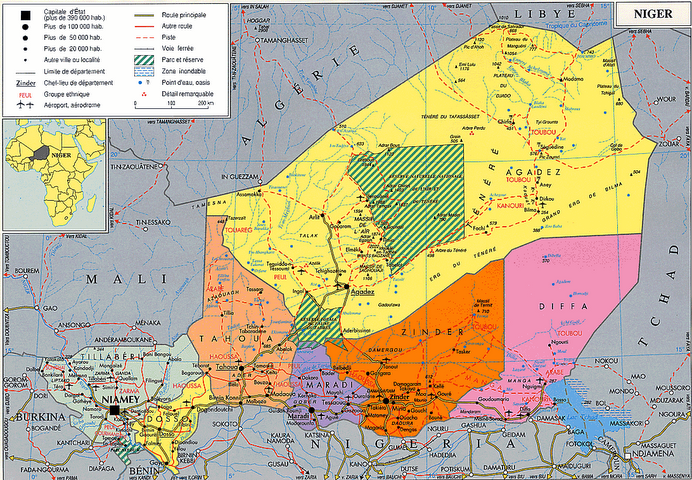
In French class last week, Lydie asked, “If you could change your life, what would you make different?” In my class is a Moroccan, a Nigerien, and another guy from somewhere in Africa. I am the only girl and the only person from a Western nation. The French teacher has lived all over the world, but was born in Cote d’Ivoire. She asked again as everyone was silent. I hate questions like these in English, let alone in French with her monitoring my grammar. Forcing the topic, she continued, “Convince me of your dreams.” We were all reluctant participants and slowly took turns. My fellow students started by saying, “Well, considering the experience and the years of study I have, I would use those skills in consulting. I cannot imagine doing anything else.” Lydie was getting increasingly frustrated with all of us. “No! What would you do? Anything in the world!” Someone else took a stab at her question, “Well, I have a wife and three children so I cannot change my life. It would not be fair. Maybe in a year or two when the kids are older, I can do things with my wife that we didn’t do in the past.” We were really testing her patience. Forced into a corner, I chose something that I could describe using simple vocabulary: I said that all I wanted was to be a wife and have lots of kids. Other vocations I have been considering lately such as couch potato, professional dog-walker, and yoga aficionado did not translate as easily. She said that she was not convinced. No kidding. It just seemed an appropriate response as I was listening to my fellow students talk about their domestic bliss.
As I listed to all of us, I realized that Lydie was having the same problem that I am having in my research. And I just did what my informants do to me. Trying to tease out where the programs and policies for reintegration meet (or don’t) the needs of the fistula patients, I struggle to get the girls to express their plans, hopes and needs for their futures. Typical responses to phrasing of questions that I have labored over include the following: whatever Allah wants; whatever you want to give me; I don’t know. If I really want to hear them chatter, I ask how old they are. Responses average five minutes, and usually we have to return to the topic later on in the interviews. Which makes me wonder, is “if” a luxury?
In French class, I could have come up with any number of scenarios for myself if I were to create an imaginary life for myself. My fellow students however, did not seem to grasp her question. They based all their responses on their present professional and personal positions. The women in the hospital are doing the same. Since I was a little girl I have been exposed to fantasy scenarios though books, toys, movies, music and television. We are surrounded with fantasies and “ifs.” In the USA, the general cultural beliefs say that if you work hard, you can have anything you want- and you as an individual have a right to those things and to The Dream.
In Senegal, I struggled to teach people about disease prevention: If you do x,y,and z today you will probably avoid getting such and such illness in the future. The hard parts were not the information about the diseases, even pills and medication. The challenge was convincing people to modify their present behavior to prepare for something in the future. The “ifs” were the challenge: if tomorrow, if disease.
And here I am, facing that old opponent, Mr. If. It has occurred to me that the whole concept of “reintegration” (as operationalized here) is a Western one, loaded with all these feminist ideas about what a village woman wants and what she should be doing. What she should want to be doing. Programs that teach knitting, lotion and soap making, etc. are actually not reintegration: They are not by definition programs that restore social positions, as they actually aim to change the status quo, and in this case are also ideas that Westerners have about what a village woman needs. And so maybe when I ask, “If you were going home tomorrow, what would you want?” I might as well be asking Lydie’s question, “If you could do something different, what would you do with your life?’’ And they are just as reluctant to talk as I was.


No comments:
Post a Comment